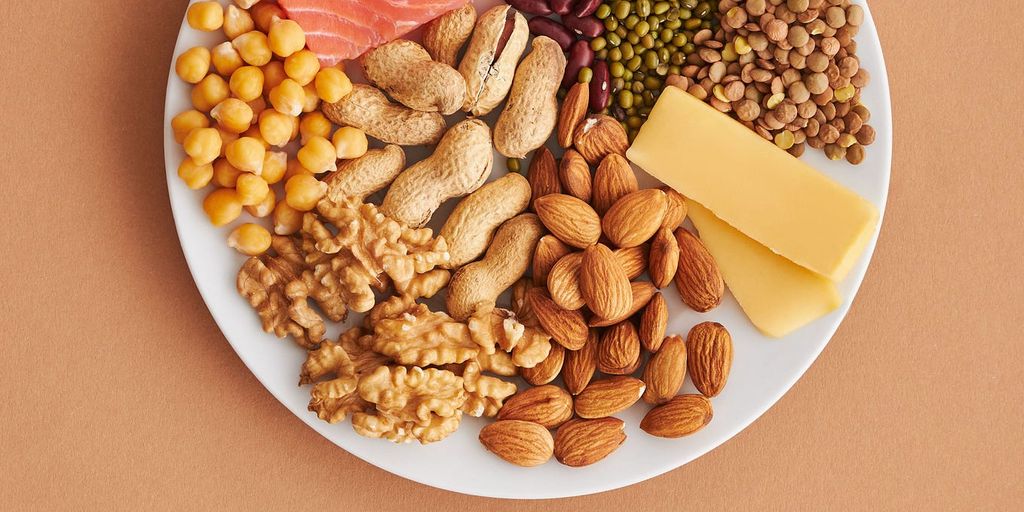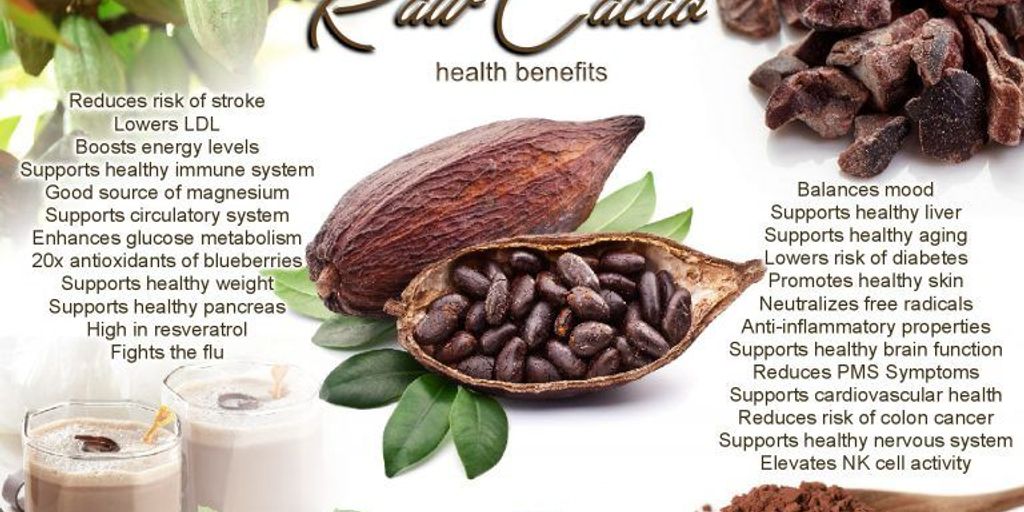Obesity is a growing problem worldwide, affecting millions of people. It’s not just about eating too much; many factors contribute to weight gain, including genetics, lifestyle, and emotional well-being. This article will explore effective dietary treatments for obesity, offering practical strategies and tips to help manage weight successfully.
Key Takeaways
- Obesity is influenced by a mix of genetic, lifestyle, and psychological factors.
- A balanced diet with the right mix of macronutrients and plenty of fiber is crucial for weight management.
- Staying hydrated and mindful eating can make a big difference in weight loss efforts.
- Regular physical activity, combined with a healthy diet, is essential for effective weight management.
- Tracking progress and celebrating small victories can help keep you motivated and on track.
Understanding Obesity and Its Causes
Obesity is an excessive accumulation of body fat, usually caused by the consumption of more calories than the body can use. The excess calories are then stored as fat. Understanding the causes of obesity is crucial for effective treatment.
Nutritional Guidelines for Weight Management
Macronutrient Balance
A balanced diet is crucial for weight management. Ensuring the right mix of proteins, fats, and carbohydrates helps maintain energy levels and supports overall health. Proteins are essential for muscle repair, fats provide long-lasting energy, and carbohydrates are the body’s primary energy source. Aim for a diet where each meal includes a good balance of these macronutrients.
Importance of Fiber
Fiber plays a key role in weight management by promoting feelings of fullness and aiding digestion. Foods high in fiber, such as fruits, vegetables, and whole grains, can help control appetite and reduce overall calorie intake. Incorporating fiber-rich foods into your diet can make a significant difference in your weight loss journey.
Hydration and Its Role
Staying hydrated is often overlooked but is vital for effective weight management. Drinking enough water helps regulate body temperature, keeps you feeling full, and aids in digestion. Sometimes, our bodies can confuse thirst with hunger, leading to unnecessary snacking. Make it a habit to drink water regularly throughout the day to support your weight loss efforts.
Behavioral Strategies for Effective Weight Loss
Mindful Eating Practices
Mindful eating involves paying close attention to the food you eat and how you feel while eating. This means eating slowly, savoring each bite, and listening to your body’s hunger and fullness cues. Mindful eating can help you enjoy your food more and prevent overeating.
Setting Realistic Goals
Setting achievable and realistic goals is crucial for long-term success. Start with small, manageable changes and gradually build on them. For example, aim to lose 1-2 pounds per week rather than setting an unrealistic goal of losing 10 pounds in a week. This approach helps maintain motivation and prevents disappointment.
Overcoming Emotional Eating
Emotional eating is when you eat in response to your feelings rather than hunger. To overcome this, identify your emotional triggers and find alternative ways to cope, such as going for a walk, talking to a friend, or engaging in a hobby. Keeping a journal can also help you track your emotions and eating patterns, making it easier to address the root causes of emotional eating.
Remember, the journey to weight loss is not just about the food you eat but also about understanding and changing your behavioral patterns.
Role of Physical Activity in Dietary Treatment
Types of Beneficial Exercises
Engaging in various exercises can greatly aid in weight loss. Cardio workouts like running, swimming, and cycling help burn calories quickly. Strength training, on the other hand, builds muscle, which can boost metabolism. Flexibility exercises, such as yoga, improve overall body function and reduce the risk of injury.
Incorporating Activity into Daily Life
Finding ways to be active throughout the day is key. Simple actions like taking the stairs instead of the elevator or walking to nearby places can make a big difference. Even household chores like gardening or cleaning can help you stay active. The goal is to make physical activity a regular part of your routine.
Balancing Diet and Exercise
It’s important to balance what you eat with how much you move. Eating a healthy diet while staying active ensures you get the nutrients you need without consuming too many calories. Remember, exercise alone isn’t enough; it must be paired with a good diet for effective weight management.
Regular physical activity not only helps in weight loss but also improves mental health and overall well-being.
Monitoring Progress and Staying Motivated
Tracking Food Intake
Keeping a food diary can be a game-changer. Write down everything you eat and drink. This helps you see patterns and make better choices. It’s like having a mirror for your diet. You can use apps or just a notebook.
Regular Health Check-Ups
Visit your doctor regularly to check your weight, blood pressure, and other health markers. This helps you stay on track and catch any issues early. It’s important to know how your body is responding to your efforts.
Celebrating Milestones
Don’t forget to celebrate your wins! Whether it’s losing a few pounds or sticking to your plan for a month, give yourself a pat on the back. Small rewards can keep you motivated. Remember, every step forward is progress.
Staying motivated is key to long-term success. Keep your eyes on the prize and take it one day at a time.
Special Considerations for Different Populations
Children and Adolescents
When it comes to managing weight in children and adolescents, it’s important to focus on healthy habits rather than strict diets. Encouraging balanced meals and regular physical activity can help young people develop a positive relationship with food. Parents and caregivers should be role models by making healthy choices themselves.
Older Adults
For older adults, maintaining a healthy weight can be more challenging due to slower metabolism and potential health issues. It’s crucial to ensure they get enough nutrients, especially protein and dietary fiber, to support muscle health and digestion. Regular check-ups with healthcare providers can help monitor their progress and adjust their diet as needed.
Individuals with Medical Conditions
People with medical conditions, such as diabetes or heart disease, need tailored dietary plans. Consulting with a healthcare provider can help identify preexisting nutritional risk factors and create a plan that meets their specific needs. This personalized approach can make a significant difference in managing their condition and overall health.
It’s essential to remember that each person’s needs are unique, and what works for one individual may not work for another. Always seek professional advice when making significant changes to your diet or lifestyle.
When it comes to health, different groups of people have unique needs. Whether you’re dealing with acne, joint pain, or looking for nutrition tips, we have something for everyone. Visit our website to explore a wide range of products tailored to your specific needs. Don’t miss out on our special deals and discounts!
Conclusion
In summary, tackling obesity through diet involves a mix of smart strategies and practical tips. It’s important to choose healthy foods, control portion sizes, and stay active. Remember, small changes can make a big difference over time. Don’t forget to seek support from friends, family, or professionals. With patience and persistence, you can achieve a healthier lifestyle. Keep in mind that everyone’s journey is unique, so find what works best for you and stick with it.
Frequently Asked Questions
What are the main causes of obesity?
Obesity can be caused by a mix of things like genes, lifestyle choices, and even your emotions. Eating too much and not moving enough are big reasons too.
How can I balance my diet to lose weight?
To balance your diet, make sure you eat the right amounts of proteins, fats, and carbs. Eating more fiber and drinking lots of water can help too.
What is mindful eating?
Mindful eating means paying full attention to what you eat and how you feel when eating. It helps you enjoy your food more and avoid overeating.
Why is exercise important for weight loss?
Exercise helps you burn calories and build muscles. It also makes you feel better and can help keep the weight off once you lose it.
How can I stay motivated during my weight loss journey?
To stay motivated, track your progress, celebrate small wins, and get regular health check-ups. Setting realistic goals can also keep you on track.
Are there special tips for kids or older adults trying to lose weight?
Yes, kids and older adults have different needs. Kids should focus on healthy eating and fun activities. Older adults might need to focus more on gentle exercises and balanced diets.











